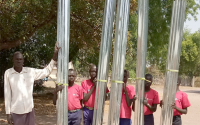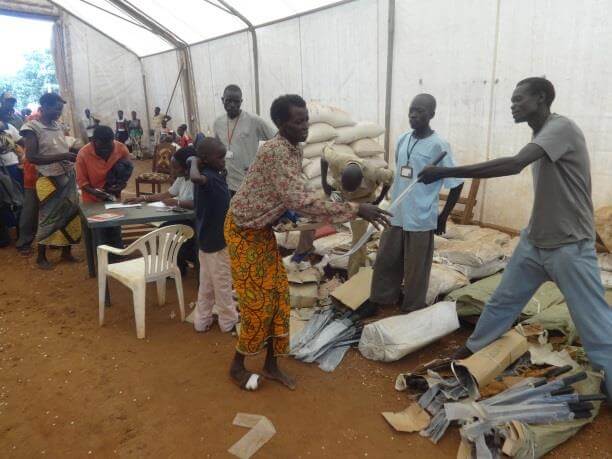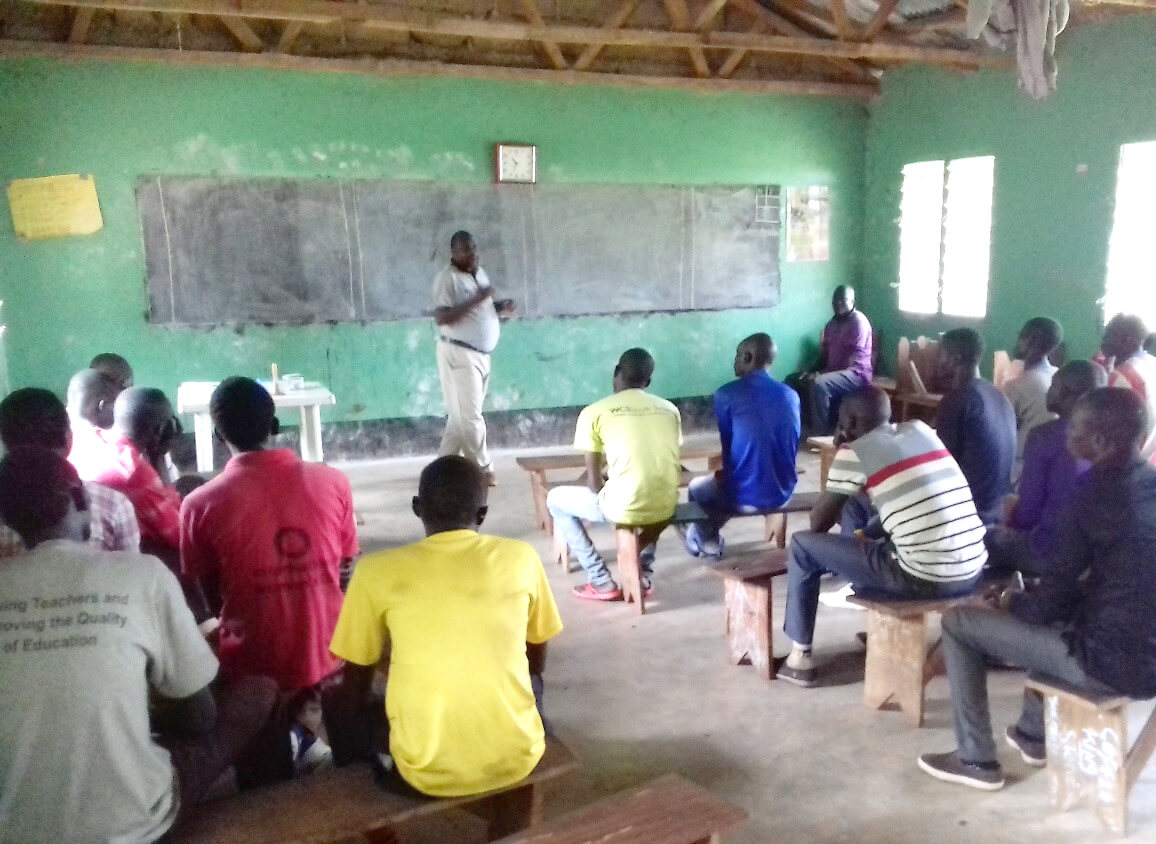Zai Pits for Peace and Productivity
Zai Pits for Peace and Productivity, is a next step effort to transition from relief to development in Kapoeta East where ACROSS and PMU have had ongoing relief efforts.
Kapoeta East County is an administrative region of Eastern Equatoria State located in the southeastern part of South Sudan. The County is bordered by Kenya to the South, Ethiopia to the east and Jonglei state (South Sudan) to the north.
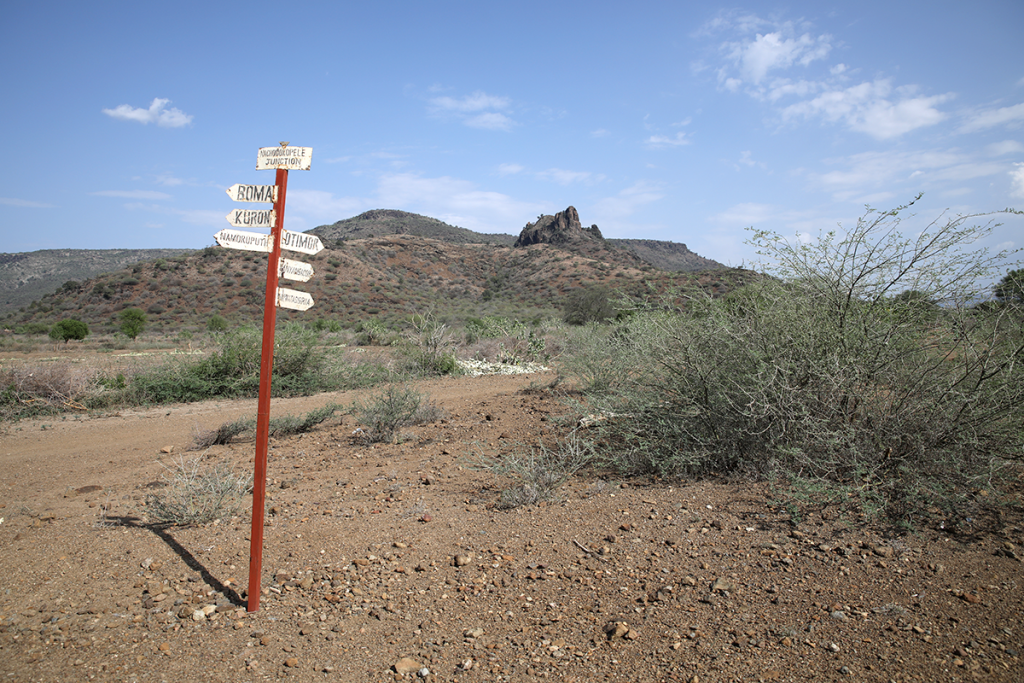
The Kapoeta East has a vital role in supplying goods and services to the region and to South Sudan as a whole as it forms part of the “Northern Corridor” linking the port of Mombasa through Kenya to South Sudan.
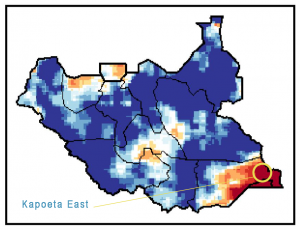
Most of the county is covered by hills/ rocks and few plain grounds, mainly under the foot of mountains. The area is very dry with average rainfall less than 700mm annually. So far in the rainy season for 2020, Kapoeta East is seeing even less rainfall that typical (as indicated in red on map). Vegetation consists mostly of thorny shrubs and open grassland.
The project will use accountability groups to help address the inward change that needs to occur mentally and spiritually to be most impactful. We will work with local church partners, to mobilize the community groups and engage participants. The church is a highly regarded institution in most South Sudanese communities. By working through local church partners, we anticipate a more sustainable platform for communication and group meetings.
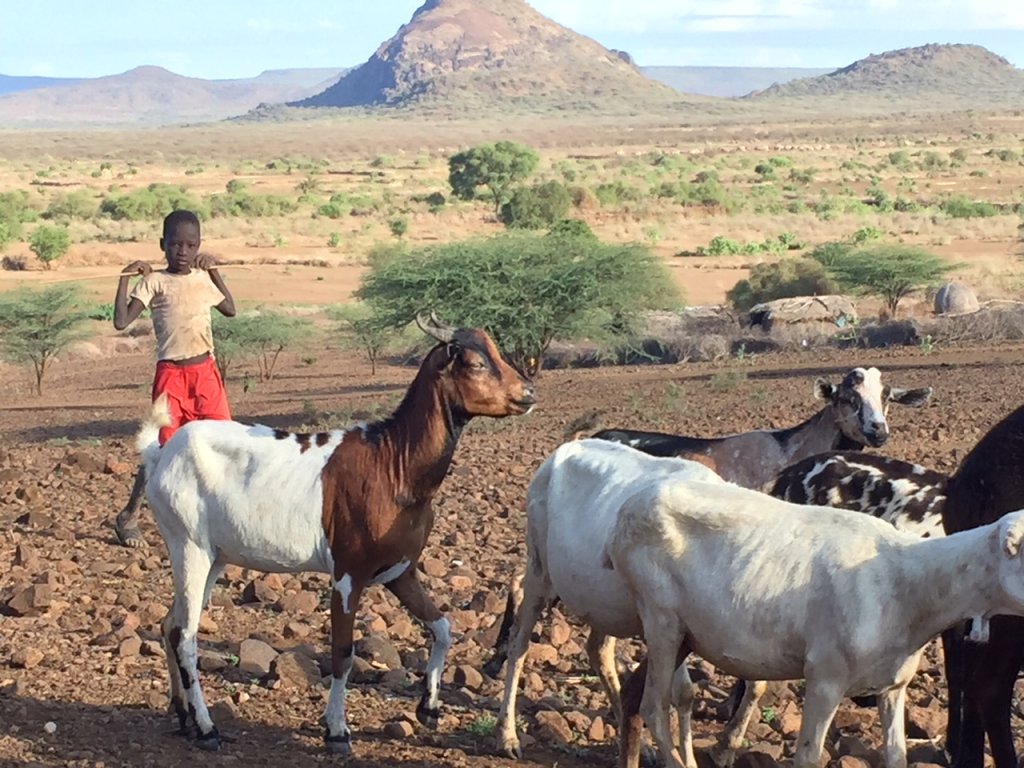
The use of zai pits originates in the western Sahel where infertile, encrusted soils receive low and often highly variable rainfall. We believe this technology is both appropriate and implantable in Kapeota East. Zai pits are an innovation that addresses issues of land degradation, soil fertility, and soil moisture. Through the digging of zai pits, farmers can extend the growing season, increase crop production and ultimately improve soil condition.
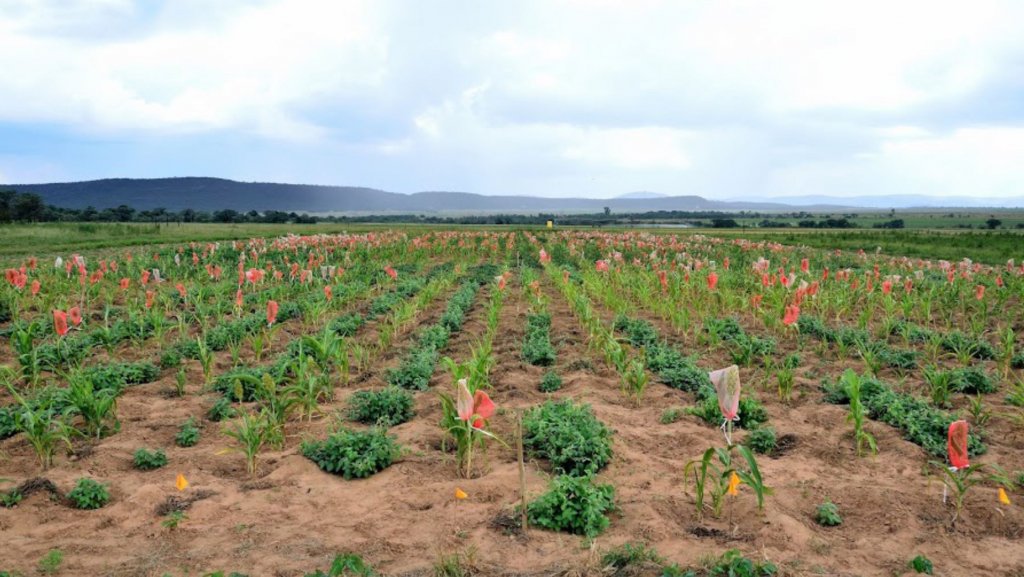
https://www.echocommunity.org/resources/d676d269-5f1f-47f1-812a-ed6d3e253989
Organic material, such as compost and manure, are added to the planting holes instead of spreading them over the entire field area. The improved efficiency makes it easier for farmers to obtain and apply the fertility inputs and makes the material directly accessible to the plant.
During the first year of the project, farmers will install zai pits in a community garden and also on their home plots. We will begin with traditional crops and transition to high-value and alternative crops during the second and third year of the project.
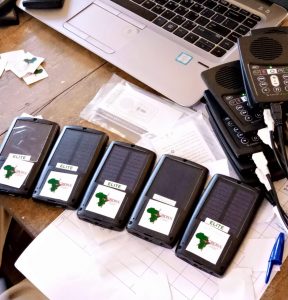
Solar-powered Digital Audio Players (DAPs) will be used to distribute educational messages on the subjects of peace and reconciliation, gender equity, and farming techniques. These solar-powered devices have been used in other ACROSS projects and are found to be an effective means of sharing information and encouraging behavioural change. Those entrusted with the DAP see the device as a desirable symbol of status and responsibility. Those who attend sessions where the device is used have expressed perceived value in the material and in the method of delivery.
The project is designed as a holistic approach to development with a focus on food security and livelihood. Messages that will be emphasized throughout the project include gender equity and democratic process. By addressing these underlying issues in the context of an agricultural program, people will be more empowered in their family and community to confront and transform negative attitudes that hinder development.
In partnership:


